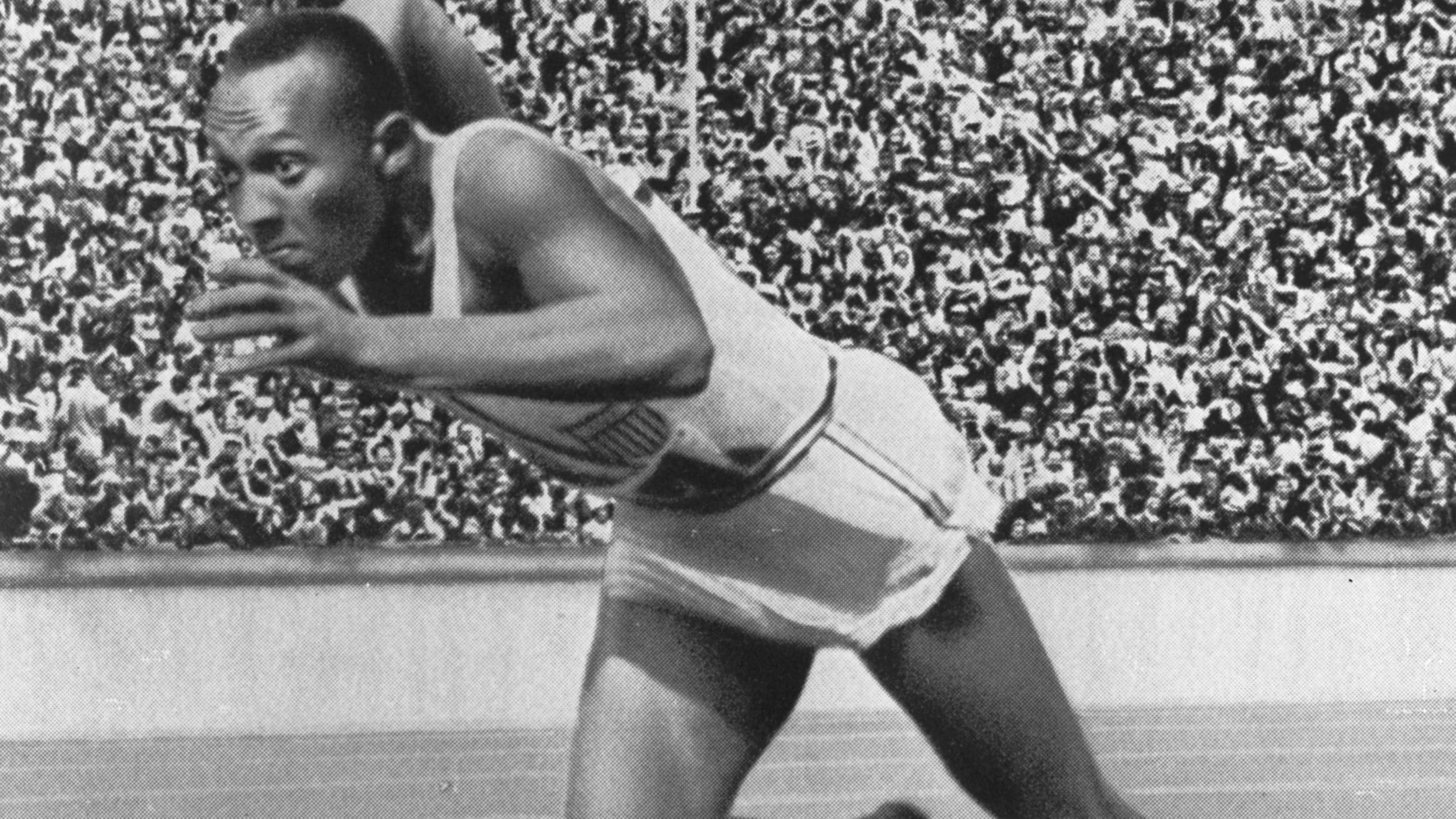Throughout the years, track and field has produced some of the most noteworthy and influential athletes in sports, showcasing awe-inspiring feats of strength, speed, endurance, and technical skill. Though this list of dominant competitors is long and diverse, there is perhaps no track and field athlete more impactful than Jesse Owens. Owens, a sprinter and long jumper, is often regarded as one of the most important athletes of all time, making a historic impression on Olympic track and field and breaking down crucial societal barriers along the way.
Born the son of a sharecropper and grandson of a slave in 1913, Owens began his life as one of 10 children in Alabama. During the Great Migration, Owens’s family moved to Cleveland, Ohio, to pursue a better, safer life. This relocation was, in part, the catalyst of Owens’s athletic career; he began track and field in 1928 and quickly carved an unprecedented niche, setting junior high school records and, eventually, winning three consecutive Ohio state championships. As a senior, Owens set high school world records in the 100-meter and 220-yard dash, running 9.4 seconds and 20.7 seconds, respectively.
These accomplishments propelled Owens to an equally fruitful collegiate career. Competing for the Ohio State University, Owens won eight individual NCAA championships from 1935-36. Most notably, during the Big Ten meet in 1935, Owens set three records and tied a fourth in 45 minutes, an unparalleled achievement that many consider to be the greatest 45 minutes in sport. However, this success came in spite of the period’s prejudiced constraints. Owens was restricted to living off campus with other African-American students and only ordering carry-out or eating at “Blacks-only” restaurants. Owens also had to maintain several part-time jobs to pay for tuition, as he did not receive scholarships despite his athletic prowess.
Owens continued this habit of excelling amidst intolerance during his professional career – arguably the most important, contributive part of his legacy. In 1936, Owens traveled to compete in the infamous Berlin Summer Olympics hosted by Nazi Germany; there, he met Adidas founder Adi Dassler and agreed to wear his shoes in the games – the first sponsorship deal for an African-American male athlete. Owens went on to capture four gold medals in sprinting and long jumping, solidifying his status as an Olympic hero. As Adolf Hitler considered the Berlin games a chance to demonstrate and promote his vision of racial supremacy, Owens’s accomplishments were especially significant, standing in stark defiance of a dangerous, ghoulish ideology and underscoring track and field’s accessibility to a diverse spectrum of competitors.
Jesse Owens set countless new precedents throughout his career, exemplifying greatness in competition and pushing athletics at large to progressive new horizons. This legacy remains an invaluable part of sports history and a reminder of the timeless importance of opportunity, equity, and steadfast determination in the face of adversity.







